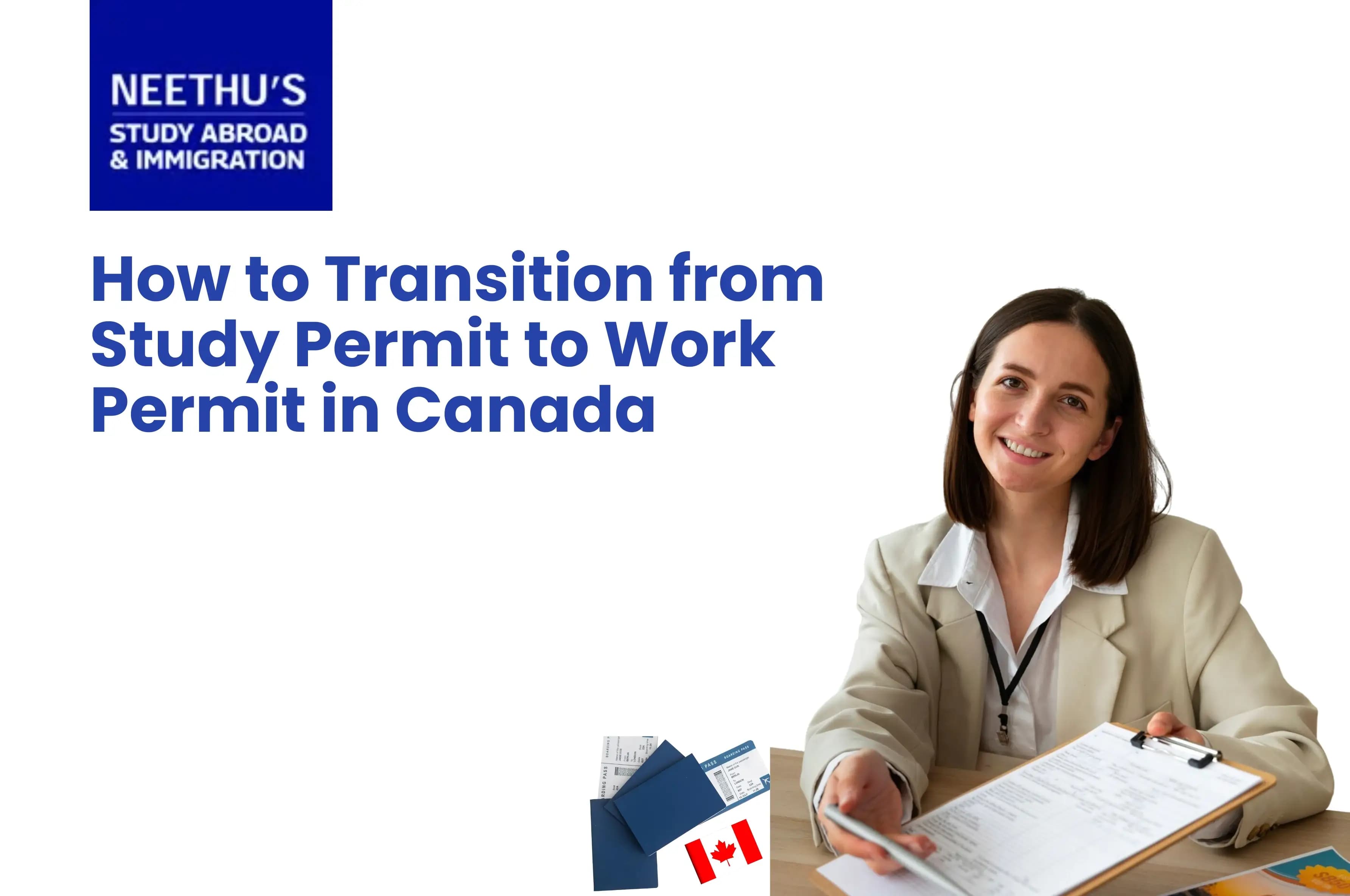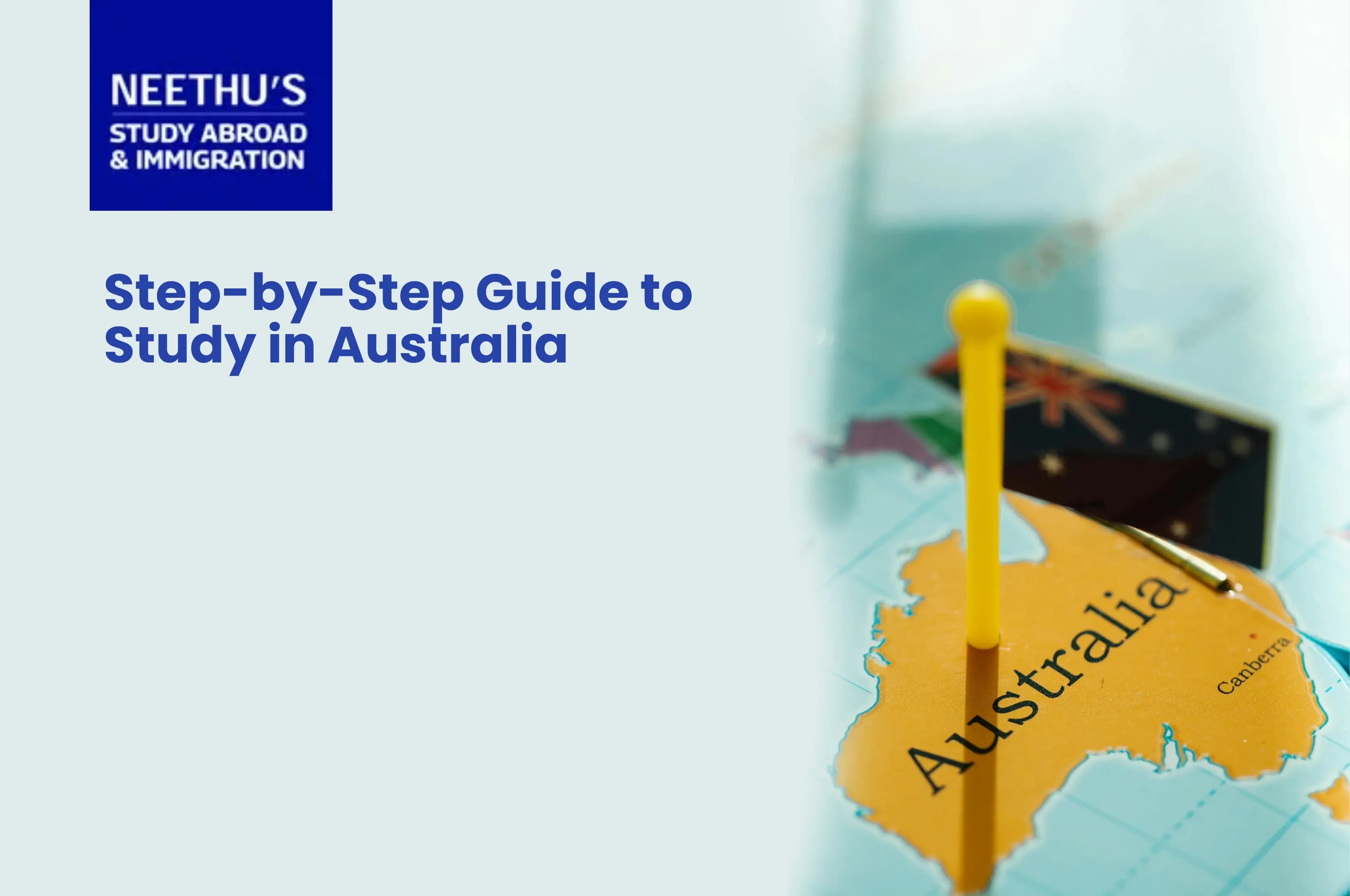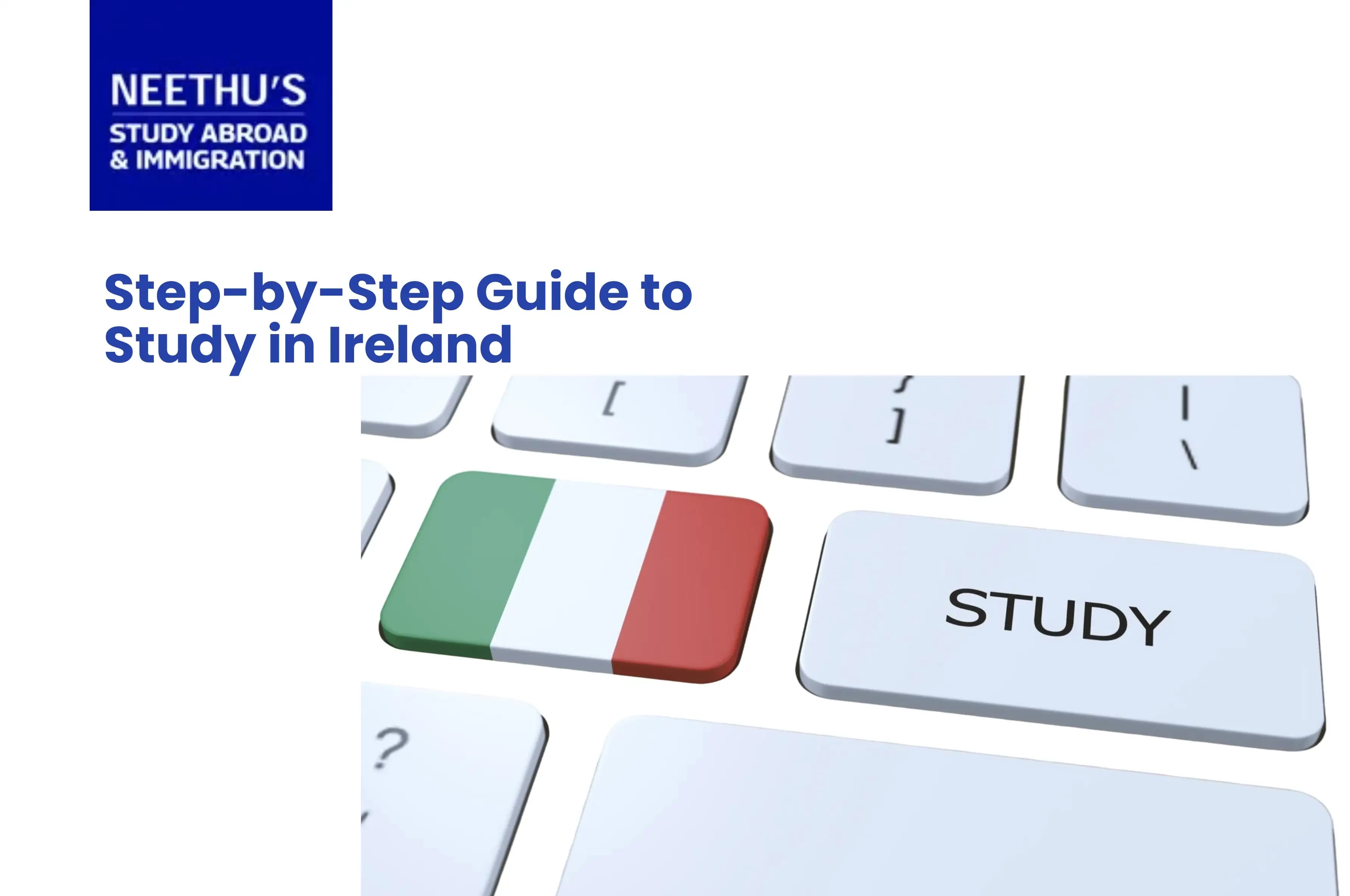How to Manage Living Costs in the UK as an Indian Student (2025)

Most Indian students dream of studying in the UK, which provides world-class education, cultural experience, and employment opportunities. However, living costs in the UK can be excessive, particularly for international students. As an Indian student, it is imperative to budget your expenditures well and follow sensible tips to live within your means. This is a useful blog that provides tips on how to handle living expenses in the UK for students, especially Indians, in 2025.
Understanding the Cost of Living in the UK
The cost of living in the UK for international students in 2025 differs greatly based on where you live, your lifestyle, and the accommodation you select. Based on the UK government's advice:
-
Students in London should budget £1,265 per month.
-
Students residing outside London must budget approximately £1,015 per month.
The above figures cover rent, food, transport, apparel, entertainment, and stationery but exclude tuition fees.
Indian students are required to convert these figures into INR and budget on a monthly basis to maintain financial stability.
UK Student Accommodation: Types and Costs
Accommodation usually makes up the largest slice of any UK student budget. Gladly, students have several options available depending on their lifestyle and budget:
1. University Halls of Residence
These are halls of residence within the campus offered by the university. They tend to be furnished and come with utility costs, internet, and security. Prices normally cost between £400 and £700 per month.
2. Private Student Halls
These are like university halls but run by private firms. They tend to be a bit more expensive but have improved facilities and more freedom.
3. Shared Flats or Houses
Shared house or flat renting is one of the most common and affordable living in the UK for Indian students. Shared accommodation can vary from £300 to £600, depending on the city.
4. Homestays
Living with a UK family is a cultural experience and may include meals. It's best suited for younger students or those who like a family environment.
Compare prices, read reviews, and know what's included in the rent before making a choice.
Daily Living Expenses
Apart from accommodation, controlling daily living expenses effectively is critical to staying on budget.
Food and Groceries
Cooking at home is among the top ways to be economical. Purchase at cheap grocery stores such as Aldi, Lidl, or Tesco and cook Indian dishes, which will bring down your monthly spend on food to £150–£250.
Do not regularly eat out—a meal in UK restaurants can be quite costly. Go for meal preparation or cooking with friends.
Transportation
The student is qualified to obtain lower fare travel cards, including:
-
18+ Student Oyster Card in London.
-
Railcards to enjoy reduced prices on trains.
-
Monthly or weekly bus passes in cities like Manchester, Leeds, or Glasgow.
-
Transportation costs vary between £45 and £120 per month, depending on location and travel needs.
-
Walking or cycling short distances is a great way to save money and stay healthy.
Tips for Budgeting Your Finances
Good budgeting is a valuable skill that every international student should possess. Here are some helpful tips:
-
Utilize budgeting apps like Monzo, Revolut, or Yolt to track your spending.
-
Create a monthly budget with set budgets for rent, food, travel, entertainment, and savings.
-
Avoid impulse spending and make the most of student discounts wherever possible.
-
Don't waste money on unnecessary subscriptions (such as unused gym memberships or expensive apps).
Keep in mind that being consistent with budgeting is more valuable than being too restrictive.
Banking and Money Transfers
You will need a UK bank account to cover living expenses and occasional earnings. Your passport and visa, along with confirmation of a UK address and university enrollment, are also needed.
Choose banks offering international student accounts with no monthly charges and easy mobile banking access.
When transferring money from India, use reliable services such as Wise, Remitly, or ICICI Bank's Money2World for cheap and secure transfers.
Part-Time Work to Supplement Your Budget
Indian students holding a Tier 4 (Student) visa can work:
-
Up to 20 hours/week during term time
-
Full-time during holidays
-
Part-time work, like retail assistants, library assistants, restaurant staff, or campus jobs, can assist in balancing your Indian students' UK cost. You can earn an average of £9–£12 per hour.
But always give priority to studies and never use part-time work as a sole means to finance your entire living cost.
Selecting Affordable Cities in the UK
London might be the most popular destination, but other cities provide great education and lower living costs:
-
Leicester, Coventry, Newcastle, Sheffield, and Glasgow have lower rents, more affordable food, and cheaper public transport.
-
For instance, in Sheffield, the overall monthly expenditure can be as little as £800, and it is a good choice for affordable living in the UK.
Cost of Living in London for an Indian Family
Some Indian students might also bring their families to the UK. A family living in London will need a much higher budget:
-
Rent for a 2-bedroom apartment: £1,500–£2,500/month
-
Groceries and household essentials: £300–£500/month
-
Utilities, internet, and transport: £300–£600/month
Therefore, the Indian family's London cost of living can be anything from £2,500 to £3,500 per month, based on lifestyle and area.
Smart Money-Saving Tips
The following are some money-saving tips for Indian students in the UK:
-
Student discount cards: NUS, UNiDAYS, and Student Beans offer discounts on clothing, food, books, and technology.
-
Buy second-hand: Buy low-priced furniture and clothes from charity shops or websites like Facebook Marketplace or Gumtree.
-
Cook in bulk and save meals to minimize food waste.
Purchase transport passes rather than daily tickets to save on commuting costs.
Conclusion
It is not cheap for an Indian student living in the UK in 2025, but with the planning, budgeting, and lifestyle, it is entirely within reach. Knowing the cost of living in the UK, finding affordable UK student accommodation, and being aware of how much Indian students spend in UK can assist you in developing low-budget and happy student life abroad.
Whether you reside in a global city such as London or a town like Coventry, organizing your student budget will allow you to have the finest international study experience without being forced to spend too much money.
Frequently Asked Questions
What are the monthly living costs for an Indian student in the UK?
The average is £1,015–£1,265 per month, depending on being outside or within London.
Can Indian students find affordable accommodation?
Yes. Halls of residence, flat sharing, and homestays are cheap depending on location and facilities.
Are there part-time jobs available for Indian students?
Yes, legally, students can work 20 hours a week and cover full-time gaps during holidays.
Is London more expensive than other cities?
Yes. London is more expensive for rent, transport, and food. Go to Leicester or Glasgow for cheaper living.
_24-10-2025_05-10-31%20PM.webp&w=3840&q=75)
_24-10-2025_04-55-51%20PM.webp&w=3840&q=75)
_22-10-2025_04-40-20%20PM.webp&w=3840&q=75)
%20(1)_21-10-2025_03-05-46%20PM.webp&w=3840&q=75)
_21-10-2025_02-43-15%20PM.webp&w=3840&q=75)
_17-10-2025_05-08-52%20PM.webp&w=3840&q=75)
_17-10-2025_04-54-54%20PM.webp&w=3840&q=75)
_15-10-2025_03-46-47%20PM.webp&w=3840&q=75)
_14-10-2025_03-42-40%20PM.webp&w=3840&q=75)
_14-10-2025_03-29-48%20PM.webp&w=3840&q=75)
_13-10-2025_03-48-51%20PM.webp&w=3840&q=75)
_11-10-2025_04-28-42%20PM.webp&w=3840&q=75)
%20(1)_09-10-2025_04-12-08%20PM.webp&w=3840&q=75)

_07-10-2025_02-55-25%20PM.webp&w=3840&q=75)
_07-10-2025_02-39-51%20PM.webp&w=3840&q=75)
_06-10-2025_03-42-37%20PM.webp&w=3840&q=75)
_03-10-2025_04-42-59%20PM.webp&w=3840&q=75)
_01-10-2025_11-12-12%20AM.webp&w=3840&q=75)
%20(1)_29-09-2025_02-54-12%20PM.webp&w=3840&q=75)

_26-09-2025_12-14-18%20PM.webp&w=3840&q=75)
_24-09-2025_04-44-26%20PM.webp&w=3840&q=75)
_23-09-2025_04-14-36%20PM.webp&w=3840&q=75)
_22-09-2025_04-08-09%20PM.webp&w=3840&q=75)
_20-09-2025_03-26-03%20PM.webp&w=3840&q=75)
_17-09-2025_04-06-42%20PM.webp&w=3840&q=75)
_15-09-2025_04-43-43%20PM.webp&w=3840&q=75)
_13-09-2025_12-17-49%20PM.webp&w=3840&q=75)
_12-09-2025_04-31-36%20PM.webp&w=3840&q=75)
_12-09-2025_04-17-03%20PM.webp&w=3840&q=75)
_10-09-2025_03-59-59%20PM.webp&w=3840&q=75)
_09-09-2025_04-11-16%20PM.webp&w=3840&q=75)
_09-09-2025_03-53-52%20PM.webp&w=3840&q=75)




















































_12-06-2025_03-40-35%20PM.webp&w=3840&q=75)

